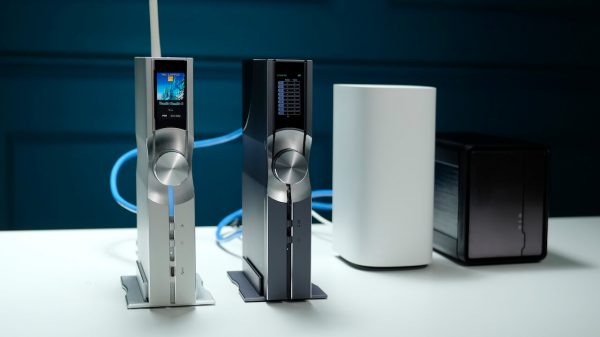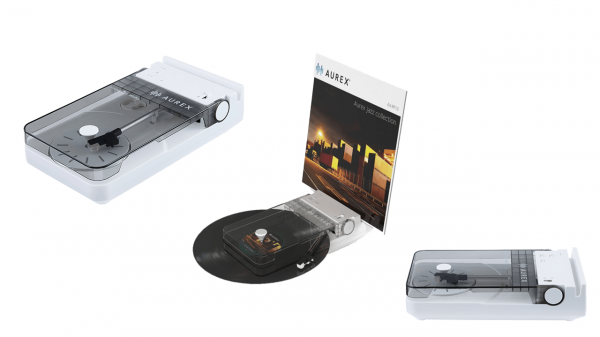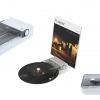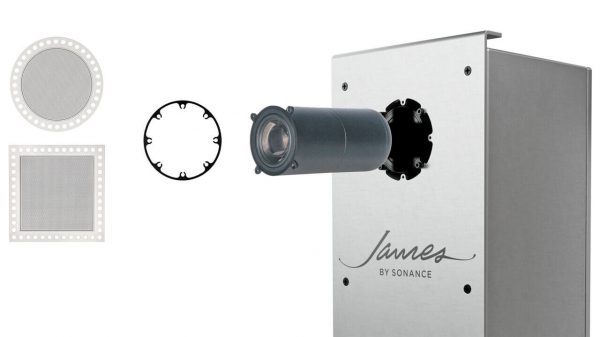More Than 550 Million GPS-Enabled Handsets Will Ship by 2012, Says ABI Research
In the wake of personal navigation devices’ success, cellular carriers have started to offer on-board and off-board navigation solutions, as well as a range of LBS (Location Based Services) such as friend finder and local search on GPS handsets. Community and social-networking-related functionality, such as the sharing of POIs (Points of Interest) and geo-tagged pictures, is also becoming popular and is expected to boost GPS-enabled handset uptake as carriers, handsets manufacturers, and service providers look to capitalize on the LBS trend.
“While most CDMA handsets are already GPS-enabled and GPS is set to become a standard feature in GSM smartphones, GSM feature phones are next on the agenda to be equipped with GPS technology,” says ABI Research principal analyst Dominique Bonte. “GPS chipset vendors increasingly target handsets, looking for new markets and spurred on by the recent dramatic growth of personal navigation devices.”
However, as GPS begins to penetrate lower-end phones, the cost, power consumption, and footprint of GPS chipsets will have to be further reduced. This will be made possible by single chipset technology and the emergence in 2009 of combination chips integrating GPS, Bluetooth, and Wi-Fi all on one die. Major silicon vendors such as Broadcom, NXP, and Atheros are well positioned to develop such solutions following the acquisition of GPS chipset vendors Global Locate, GloNav, and u-Nav, respectively.
At the same time, the thorny issue of indoor GPS coverage has to be addressed, since handset-based LBS services are frequently used in challenging environments with reduced GPS signal strength. Network-assisted A-GPS and high-sensitivity GPS-receivers are becoming key requirements to reduce the time necessary to acquire fixes and to improve location accuracy.
ABI Research’s report, GPS-Enabled Mobile Devices, examines the market landscape and future potential for GPS-enabled mobile phones. It discusses critical business and marketing issues, as well as market opportunities and challenges for handset vendors, mobile operators, semiconductor vendors, and other industry players who address the GPS-enabled handset market.
This report forms part of two ABI Research Services: Mobile Devices and Location Aware Services, which include a variety of Research Reports, Research Briefs, Market Data, Online Databases, ABI Insights, and Analyst Inquiry Support.
ABI Research is a leading market research firm focused on the impact of emerging technologies on global consumer and business markets. Utilizing a unique blend of market intelligence, primary research, and expert assessment from its worldwide team of industry analysts, ABI Research assists hundreds of clients each year with their strategic growth initiatives. For information, visit http://www.abiresearch.com, or call +1.516.624.2500.
























